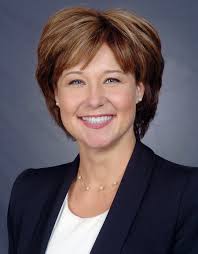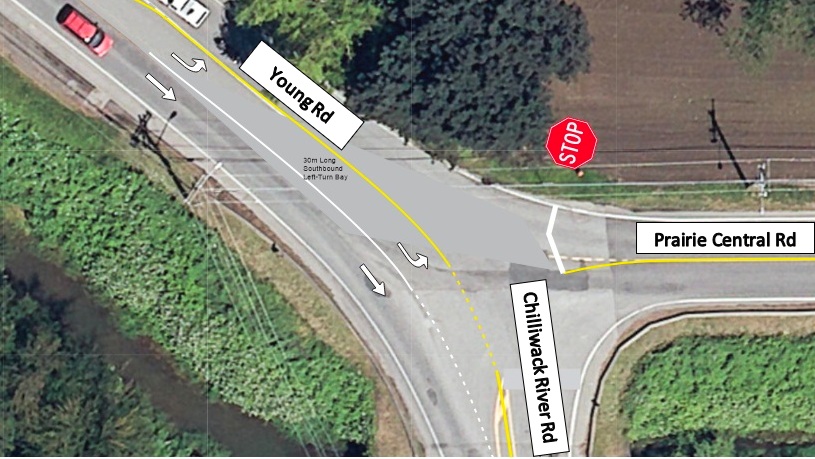Victoria (Media Release) – Premier Christy Clark has announced British Columbia is taking further action on realtor conduct, conflict of interest and housing affordability.
- In the coming weeks, government will put new rules in place to prevent the potentially predatory practice of real estate contract assignment ─ so-called “shadow flipping.”
- Government looks forward to the Real Estate Council’s independent advisory group recommendations on licensee conduct and potential conflict of interest, such as dual agency representation where one licensee acts for both the seller and buyer in a transaction.
- Finance Minister Michael de Jong and Deputy Premier Rich Coleman will meet with Vancouver Mayor Gregor Robertson to discuss collaborative steps governments can take to further improve affordability in Vancouver.
Real estate contract assignment ─ dubbed “shadow flipping” in media reports ─ refers to the practice where some real estate licensees and some purchasers have taken advantage of rapidly rising prices by using assignment clauses to acquire a client’s home then assign the contract to a third party for a profit. New provincial rules will prevent the abuse of assignment clauses by requiring the express consent of the seller and mandating that any profits from assignments are returned to the home-owner.
The Real Estate Council of British Columbia is responsible for enforcing the licensing and licensee conduct requirements of the Real Estate Services Act and the real estate services regulation. The Province expects the council’s Independent Advisory Group will examine whether the current regulatory regime is adequate to protect consumers and the wider public interest.
The Province looks forward to recommendations that will improve the rules and requirements on licensee conduct to better protect consumers, as well as recommendations to improve administration and enforcement.
To take further action on affordability, de Jong and Coleman will meet with Robertson to discuss collaborative steps governments can take to help increase market and rental housing supply, reduce red tape and investment costs. That conversation will then be broadened to other local governments and the Union of British Columbia Municipalities for a broader, more provincial discussion.
With increasing demand for housing from a strong economy and steady population growth, and restricted supply of single-family homes, prices for single family in most areas of Greater Vancouver have increased between 45% and 70% over the last five years. Prices for multi-family homes, in contrast, have increased between 14% and 40%. The most-recent data show there are about as many single family dwellings in the Vancouver census metropolitan area as in 1991, while the number of condominium units doubled in that time.
In Budget 2016, the Province changed the Property Transfer Tax to help the market respond to mounting demand for housing. The Newly Built Home Exemption offers an incentive for buyers to purchase new construction priced up to $750,000, by providing property transfer tax relief up to $13,000.
Budget 2016 includes measures to provide more affordable housing options for lower-income earners. Capital spending of $355 million over five years will support the construction or renovation of more than 2,000 affordable housing units in communities throughout the province.
Scott Russell, president BC Real Estate Association ─
“BCREA supports strategies that prevent questionable or unethical activities by real estate agents. While the vast majority of agents in British Columbia work diligently for the best interests of their clients, we applaud the provincial government for taking action to ensure all buyers and sellers are protected.”
Quick Facts:
- On average, private-sector forecasters expect B.C.’s economic growth to rank first among provinces in 2016 and tie for first in 2017 (with Ontario).
- The Lower Mainland is growing at a rapid pace. BC Stats estimates that the population of Metro Vancouver will grow by about 185,000 people over the next five years.
- As a result, pressure on the housing and rental markets will continue to increase if steps are not taken to increase densification and ensure an adequate supply of new housing.
Learn More:
The Real Estate Council of British Columbia has established an independent advisory group to review rules governing licensee conduct: http://www.advisorygroupbc.ca/







